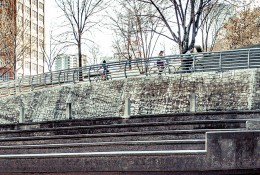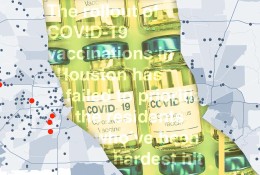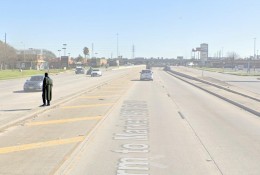Urban Edge
3 ways the city can help Houstonians better prepare for the next pileup of disasters
With more extreme weather events and disasters in our future, we need to change how our city prepares for these shocks and their long-lasting impacts so that Houstonians will take disaster preparedness more seriously.

One year in, what progress has Houston made in its plan to build resilience?
In 2020, the City of Houston and regional stakeholders cemented a resilience strategy and a climate action plan, which were adapted to reflect COVID-19’s impact on urban life. The Kinder Institute has gathered information and updates on the progress made in the first year of these efforts in one place.

Now that failing infrastructure has our attention, it needs our investment
There’s no question the United States is living off past investments in infrastructure without building the new infrastructure we need — or even upgrading the old infrastructure we have. It’s time to invest heavily in quasi-public infrastructure and ramp up effective public oversight of that infrastructure so it will work for us in emergency situations.

Mapping inequity in Houston’s COVID-19 vaccination rollout
Like many resources in Houston, access to the COVID-19 vaccine is concentrated on the west side of the city, while the greatest need and impact of the disease is concentrated among the residents on the east side.

Shedding light on the invisible epidemic of pedestrian deaths in America
In the past 10 years, the number of people who have died while walking in the United States has shot up by more than 50%. In Houston, pedestrian deaths have more than doubled in that time — spiking 125%. In “Right of Way,” Angie Schmitt examines the crisis of pedestrian injuries and fatalities across the U.S. — a crisis that disproportionately impacts low-income and minority communities.

Physical Address
Rice University
Kraft Hall
6100 Main Street, Suite 305
Houston, TX 77005-1892
